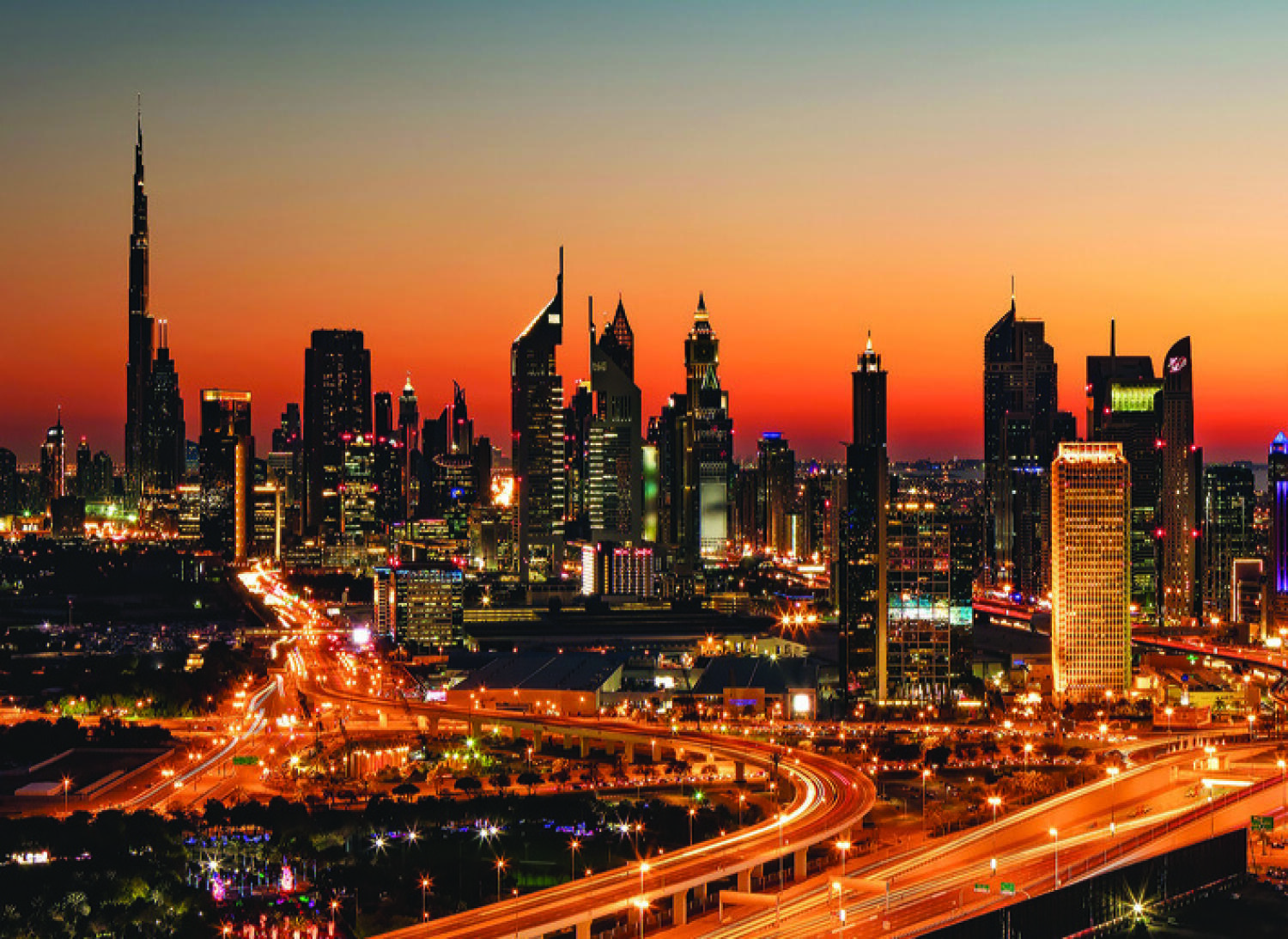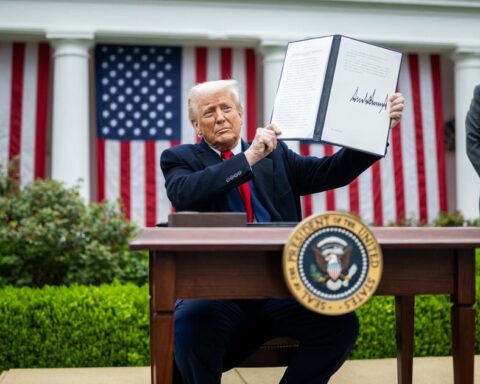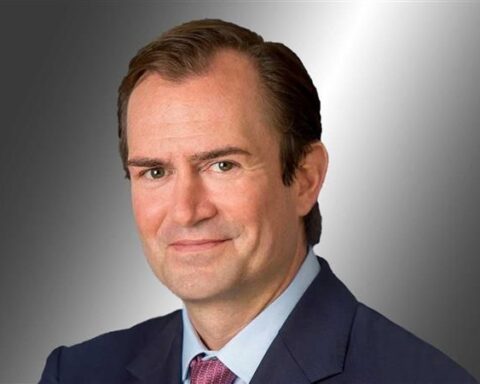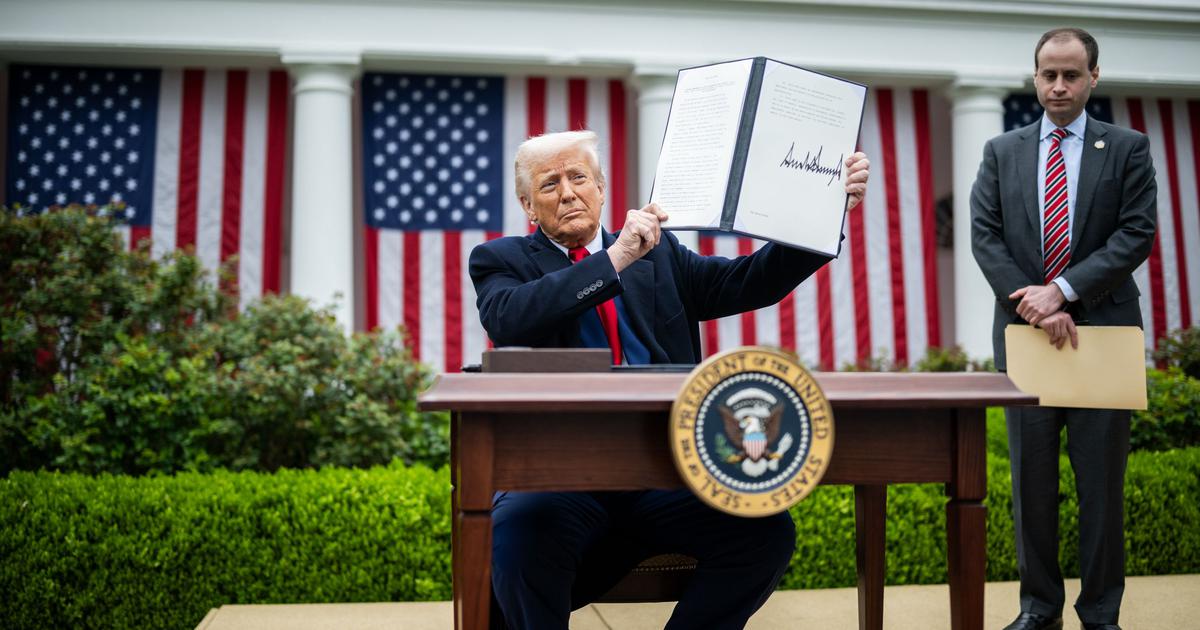Forecast Upgrade Reflects Economic Resilience Driven by Tourism, Construction, and Financial Services
The International Monetary Fund (IMF) has revised its growth forecast for the UAE, projecting a GDP growth of 5.1% for 2025, an increase of 0.9% from its previous estimate in April. This optimistic outlook comes on the heels of robust performance in the non-oil sectors and stable crude prices, as highlighted in the latest edition of the World Economic Outlook (WEO) released by the IMF on Tuesday.
Earlier this year, the IMF also upgraded its growth forecast for 2024, increasing it to 4% from an earlier estimate of 3.5%. The organization’s head of the staff team that visited the UAE in May, Ali Al-Eyd, noted that the country’s economic expansion is broad-based, largely propelled by strong activity in the tourism, construction, manufacturing, and financial services sectors.
“Foreign demand for real estate, increased bilateral and multilateral ties, and the UAE’s safe haven status continue to drive rapid growth in housing prices and an increase in rents, while adding to ample domestic liquidity,” Al-Eyd stated. He also mentioned that hydrocarbon GDP growth is expected to rise this year, boosted by an increase in crude oil production in line with the UAE’s Opec+ quota.
The non-oil sectors of the UAE have shown remarkable resilience and growth in the post-COVID-19 landscape, with significant advancements in real estate, travel and tourism, trade, finance, retail, and aviation. This growth has created numerous job opportunities in the private sector, contributing to a surge in economic activity across the nation.
Further bolstering the UAE’s fiscal position, the UAE Cabinet recently approved the largest federal budget in the country’s history, amounting to Dh71.5 billion for 2025. This budget is anticipated to maintain a surplus, supported by increased revenues from oil and the introduction of new corporate tax and income fees.
James Swanston, an economist for the MENA region at Capital Economics, emphasized the UAE’s solid financial footing, stating, “The strength of the UAE’s balance sheet means that it is well positioned to keep fiscal policy loose. In the second quarter, it recorded a budget surplus of 5.4% of GDP, and the authorities expect revenues to rise next year, probably due to higher non-oil tax revenues.”
Looking ahead, the UAE is aiming for a GDP growth rate of 7% annually to achieve its goal of doubling the GDP to Dh3 trillion by 2030. Abdulla Bin Touq Al Marri, the UAE’s Minister of Economy, reaffirmed the nation’s ambitions, noting that despite global challenges testing the UAE’s resilience, the goal remains to establish the country as a global hub for an innovation-based economy within the next decade.















